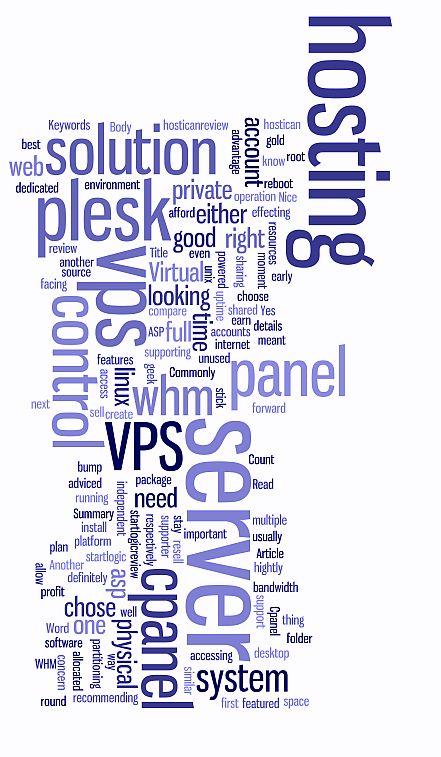
 Reading Time: 8 minutes
Reading Time: 8 minutes If you’ve been on the hunt for a web hosting company, you’ve probably heard the term “virtual private server.” A VPS is similar to a dedicated server in look and feel as a web host customer, but essentially they are a different service. Canadian web hosts offer fast broadband speeds, good technical support, and friendly service. Canada’s infrastructure and Internet backbone are among the world’s top 10 services. You won’t find better service in North America, but what type of service should you get? Why Move On from Shared Hosting? If you currently use shared hosting, these plans are great for simple blogs or websites that don’t get much traffic, but there are some disadvantages with shared hosting. First, you share the same servers with hundreds (sometimes thousands) of other customers and their sites. Shared hosting is inherently slower, because you have hundreds of other sites using the server’s resources. If one site gets hacked, your site could be vulnerable if the site left a security hole on the server as a whole. Basically, you are at the mercy of several other site owners, and you have no options. Next, you can’t customize your server’s settings. Maybe you have a custom API, maybe you have specific site settings, or maybe you just want to set up multiple sites on one account. All of these aren’t possible with shared hosting. VPS gives you these options. read_more If you find that your site is suffering from slowness issues or you need some more flexibility, Canadian web hosting offers VPS service that’s fast and affordable. Of course, suffering from slow server performance isn’t the only issue. Shared hosting also limits the technology you use to connect to your server, storage space is usually much smaller than VPS, and you must use the host’s interface to manage your site instead of the server’s Apache or IIS interface. What is the Difference between VPS and Dedicated Servers? Although it feels like the same interface, VPS and dedicated servers are distinctly different platforms. First, a virtual private server is exactly what it says – a virtual server. You have a sandboxed environment from other site owners,...
You may find this interesting too.










